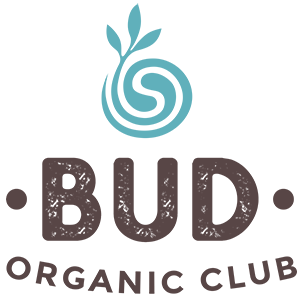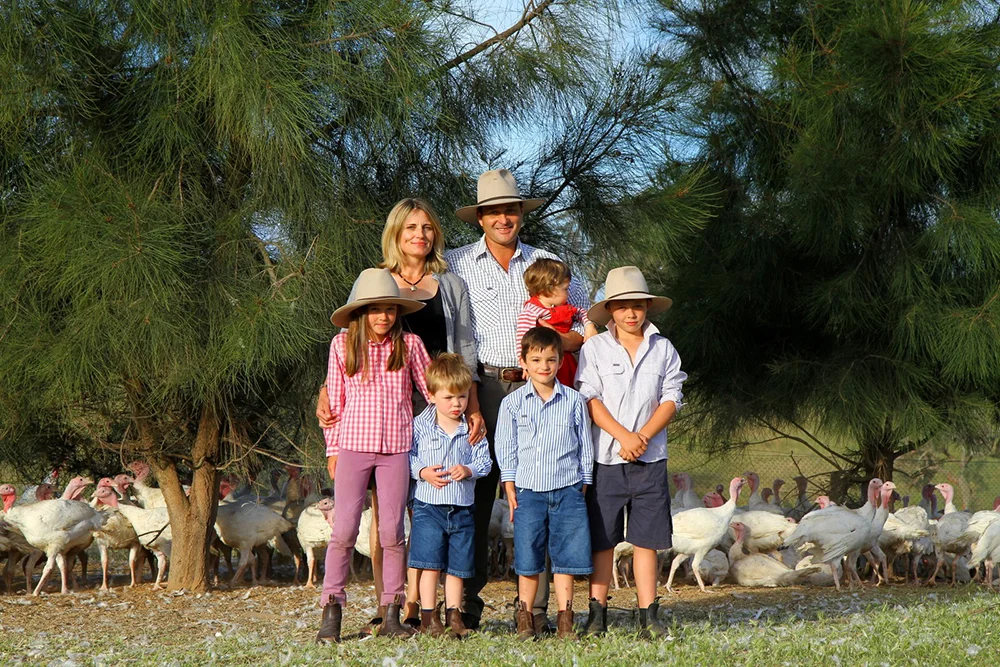Get stuck in, outdoors!
This Spring, why not make the most of the warm weather and get your kids involved in some fun activities to learn more about plants – the organic way.
Spring is the perfect excuse to get the kids outdoors and get some fresh air and exercise, whilst having fun too.
Get Planting
Kids love to see the progress of seed to plant – especially ones that they can eat. Who knows, it might even encourage them to eat more fruit and veggies.
The beginning of Spring is the best time to get your plants in the ground. Making sure your plants get established in the Spring means they will get a better head-start and a better chance of surviving the intense heat of the Summer. This is especially true for trees and shrubs, so start thinking about what you’d like to plant ahead of schedule.
Fruit and Veg Patch
Now that the soil is warmer, you can start to plant your tomatoes, chilies, capsicums, eggplants, cucumbers, pumpkins, beans, spring onions and Asian greens. This is a great opportunity to teach kids about different types of plants and plant families, and get them interested in trying something new.
If you don’t want the expense of buying new plants, try re-growing fruit and vegetables from seeds. Tomatoes are easy to grow from seed. Simply take a few slices of your favourite organic tomato, plant under a few centimetres of soil, water thoroughly and place in a warm, sunny spot. You’ll have your very own home-grown tomatoes in no time.
Plant Health
During Spring, your garden will need some TLC to help get things going. Since many plants will be in their growing, flowering and fruiting stage, they will need lots of watering and feeding. Get your kids to help you fill the watering cans or douse your flower beds with the garden hose and explain to them that plants get hungry too. Watering the plants is also a great way for kids to earn some pocket money and learn more about caring for other living things.
After feeding with some organic fertiliser, make sure you mulch your plant beds (around a 10cm thick layer) to prevent weeds growing where they shouldn’t and keep moisture locked in. This is the perfect time to teach your kids about general garden maintenance.
Show them how you can prune back larger plants, teach them about weeds and unwanted invaders and let them know how to check the general health of the plants in your garden. See how many different bugs they can spot, and see if they can identify the good bugs that help your garden and the bugs that can eat and damage your plants.
Now is also a good time to start teaching your kids about organic pest control – and we’re not just talking about eliminating synthetic chemicals. Kids already learn about the natural food chain in school, so you can show them how the food chain plays out in the garden. For example, ladybirds love to eat aphids and mealybugs, and spiders keep a whole bunch of bugs at bay, including fruit fly and even mosquitoes. They can also learn how other plants can fend off pests and therefore help other plants in the process (known as ‘companion planting’).
If you have the room, it’s also a great idea to introduce kids to larger animals that benefit the garden such as chickens and ducks, which are also great for natural pest control. Keeping animals is also a great way to teach kids about animal welfare and will give them responsibilities to help make them feel like part of a team.
Why organic is important
Your kids may have lots of questions about what organic means and why it’s important. Depending on their age, it may be best to start with the basic principles. Organic food is:
- Grown without the use of synthetic chemicals
- Non-GMO (genetically modified organisms)
- Respects biodiversity and the environment
- Animals are free-range and fed an organic diet
The best way to teach your kids these principles is to remind them as they garden with you, showing them how these organic principles relate to the real world around them. By getting your kids involved in planting, from the garden to the table, they can really see how food is better without synthetic chemicals and pesticides – for both themselves, their family and the environment.
Organic schools
If you want to learn more about organics for the garden, check out the Australian Organic Schools website, with lots of free information about organic gardening and an organic lifestyle in child-friendly formats (new website coming soon!)
Keep us updated with your organic stories either in the comments below or by tagging us on social media @budorganicclub and @ausorganicschools


